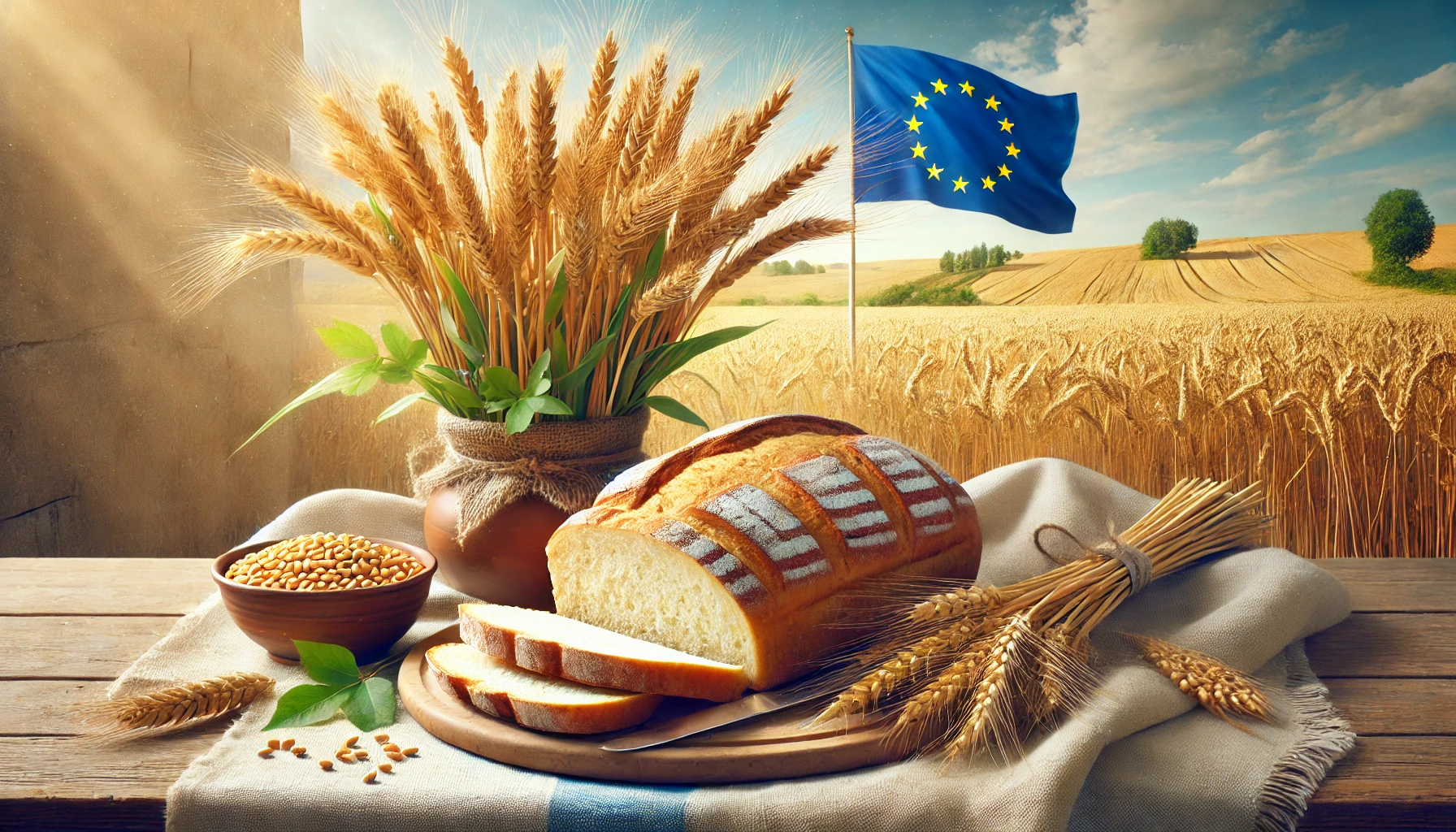Gluten-free is actually bad for you! (Unless you have Celiac. Duh)
Here’s the original vlog:
This afternoon, while out walking my dog Casey, I had a moment of reflection. I’d just finished lunch—gluten-free pasta, of course—and started questioning: Is this stuff actually good for me? Spoiler alert: the answer might surprise you.
I turned to trusted sources (and yes, I asked ChatGPT), and what I discovered left me both frustrated and motivated to dig deeper. Here’s what I learned:
Gluten Free Alternatives are Ultra Processed, and Ultra Processed sucks
Many gluten-free products, like pasta and bread, are highly processed. According to research from the British Medical Journal, these products often contain refined sugars that can spike blood sugar levels. Worse, they’re typically low in fiber, which can contribute to digestive issues. For those of us avoiding gluten in the name of better digestion, this is especially ironic.
Nutritional Deficiencies
It turns out gluten-free products lack many essential nutrients found in whole wheat, such as B vitamins, iron, and fiber. A review in Clinical Nutrition points out that this could lead to significant deficiencies over time.
Impact on Gut Health
One of the more shocking revelations came from a study in Gut Microbes. Gluten-free diets have been shown to reduce the diversity of the gut microbiome—something we depend on for overall health. Avoiding gluten without a medical necessity could be doing more harm than good to our gut flora.
Tastes OK, less filling, so you eat too much.
Here’s another downside: gluten-free foods often don’t leave you feeling as full. They’re lower in protein and fiber compared to their whole-wheat counterparts. This lack of satiety can lead to overeating, which is the last thing most of us need when trying to stay healthy.
Gluten Free Alternatives are Too Expensive
Let’s be honest: gluten-free products aren’t cheap. Spending extra on something that might not be as beneficial as we think? That’s a tough pill to swallow.
What’s Next?
After processing all this, I’ve started to rethink my approach to food. I’m now exploring European wheat products, which are crafted in ways that seem to be easier on digestion. I’ve even begun experimenting with making my own bread and wondering: Can we import pasta made with European wheat?
I’d love to hear from you—what have your experiences been with gluten-free foods? Have you found better alternatives? Let me know!
Sources:
- Ultra-Processed Nature of Gluten-Free Products:
- Many gluten-free products are highly processed and may lack essential nutrients.
- Nutritional Deficiencies:
- Gluten-free diets can lead to deficiencies in fiber, vitamins, and other micronutrients.
- Impact on Gut Microbiome:
- Gluten-free diets may reduce gut microbiota diversity, potentially affecting overall health.
- Satiety and Overeating:
- Gluten-free diets can be low in fiber, which is important for satiety and preventing blood sugar spikes.
- Cost Concerns:
- Gluten-free products are often more expensive than their gluten-containing counterparts.







0 Comments